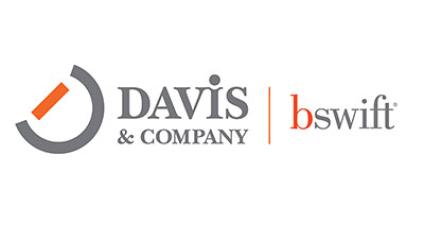
Ask employees what they’d like to see improved about internal communication and one of their top answers is always this: “More transparency. Less spin.”
Yet, even in this everything-is-shared world, many organizations still attempt to control communication. There’s a lot of sanitizing to eliminate anything risky or controversial. As a result, communication feels cautious, guarded, removed from reality.
The problem, of course, with scrubbing communication is that it loses credibility. Employees know that tough stuff happens—they see it with their own eyes—so when the organization communicates as if everything is always swell, employees disengage. They delete emails without reading them. They leave the company newsletter untouched in the “take-one” rack. They link right out to external social media instead of stopping to look at the intranet site.
This is obviously bad. But it gets worse when a conservative company claims that candor is something it believes in. Employees are invited to “share your thoughts,” “ask a question,” or “make comments.” But the culture doesn’t support those actions—and everybody knows it.
What can you do about improving candor, even in a cautious company? Here are three ways to move the needle (without losing your job):
- Bring employee feedback forward. As I mentioned at the beginning, even an open-ended question like “What’s the one suggestion you would make to improve communication?” will cause employees to cite lack of candor as a problem. Sharing that feedback helps surface the problem.
- Suggest ways to encourage openness without scaring the lawyers (or whoever else is anxious). For example, I find that senior leaders are much more likely to speak openly in small group settings. That’s why I often recommend including “coffee chats” or other informal meetings as part of a leader communication program.
- Offer to support leaders who are less risk-averse. A few years ago, we worked with a very old-fashioned corporation with a CEO who didn’t want to disclose anything. But the head of Asia-Pacific was much more willing to share information to employees in that region. So we developed a series of forums (mostly face-to-face) that allowed the regional head to communicate fairly openly. That pilot program paved the way for other regional heads to try similar tactics.
Improving candor is not easy, but it’s an important issue that’s worth pursuing. May the force be with you.





